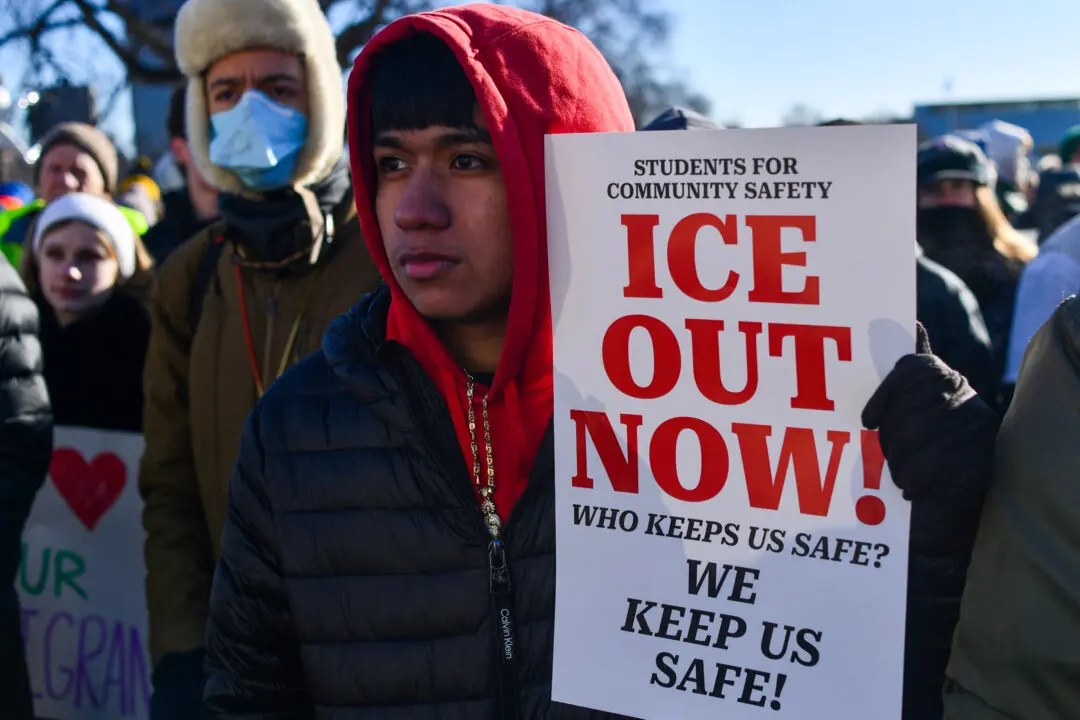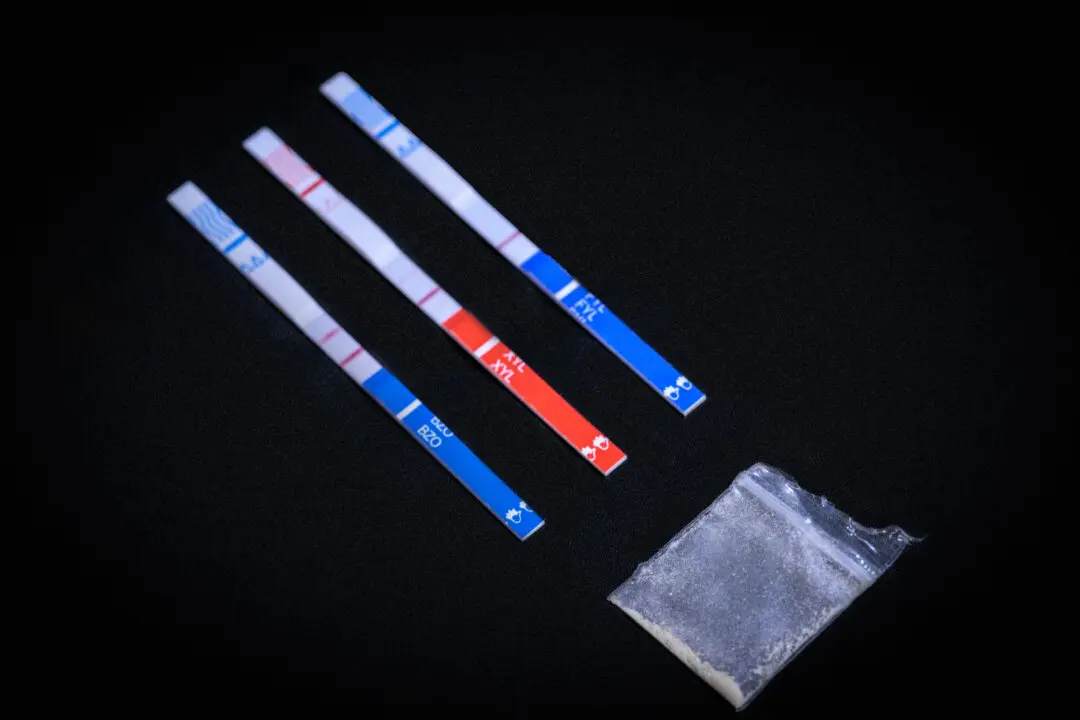With the defeat of school choice during a fourth legislative session, GOP-controlled Texas remains an outlier as other red states embrace school choice.
The defeat of school choice in Texas was a self-inflicted wound, with 21 House Republicans joining all Democrats last week to defeat one of GOP Gov. Greg Abbott’s top priorities.





